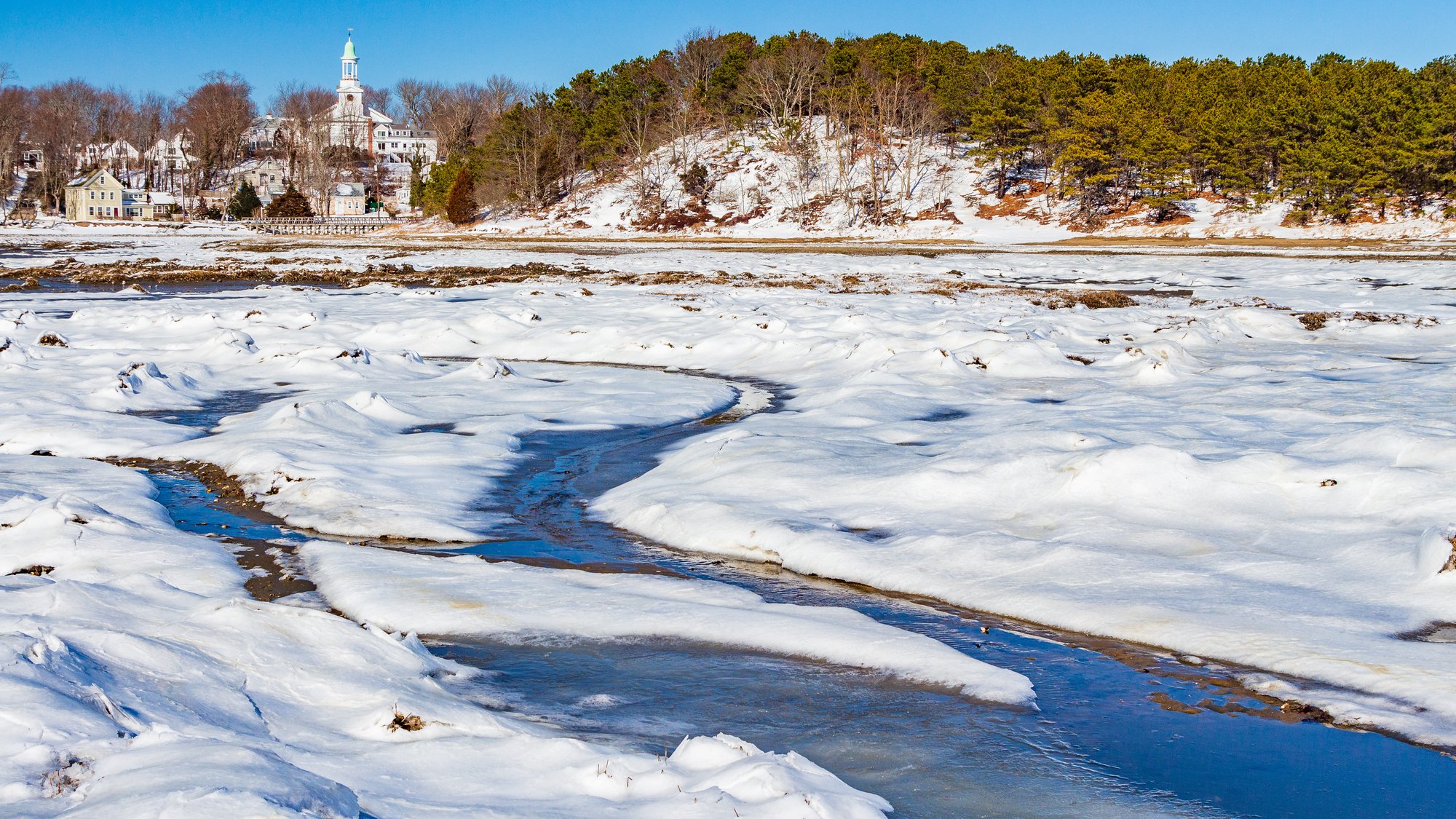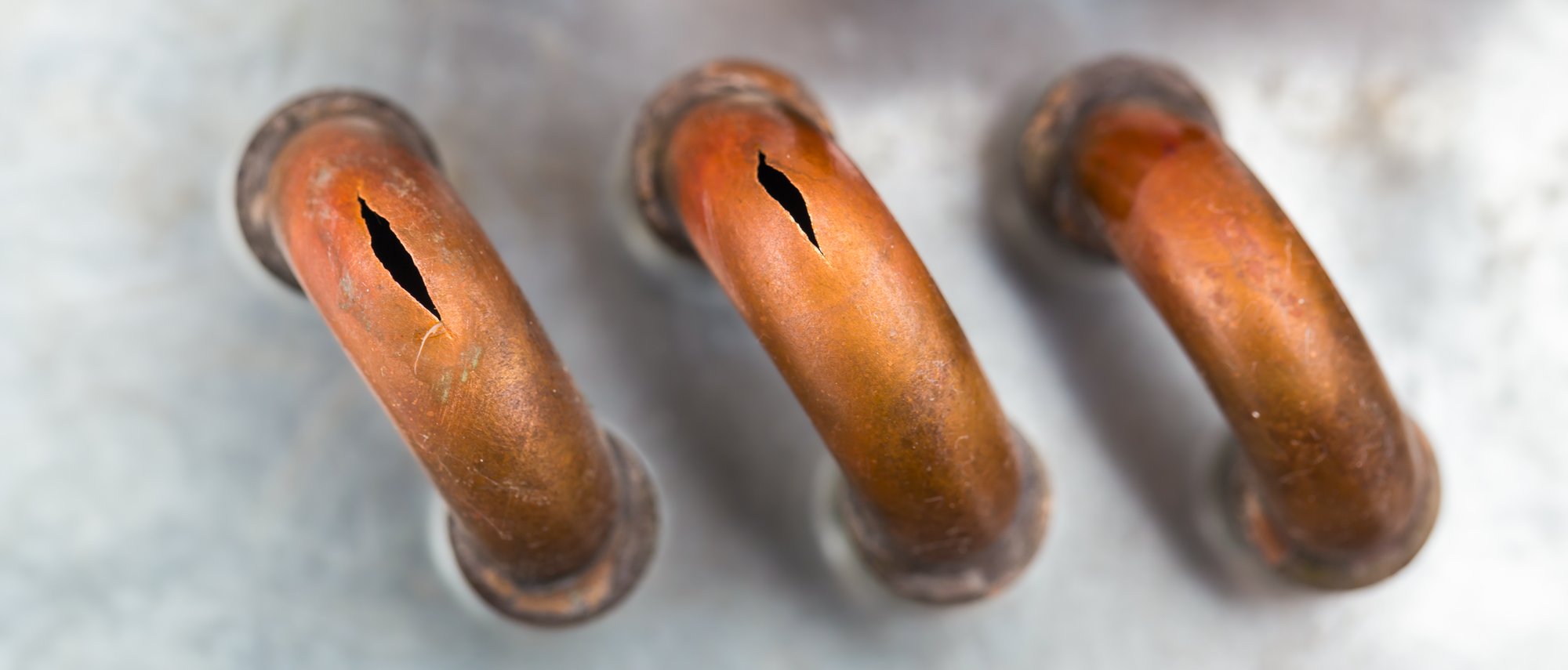
Winter is here, and with it comes the need to ensure your home is fortified against freezing temperatures. From preventing pipe bursts to safeguarding your heating system, taking proactive measures is crucial to keeping your home safe and avoiding expensive repairs.
Preventing Pipe Bursts and Water Damage
As temperatures drop, the risk of pipes freezing and bursting increases significantly. To prevent this potentially costly and damaging event, make sure your pipes are well-insulated, especially those in unheated areas like basements and attics. Pipe insulation sleeves can be a lifesaver in cold conditions.
Keep your home’s thermostat set to a consistent temperature—even when you’re away. Consider setting it no lower than 55°F (13°C). Additionally, open cabinet doors under sinks to allow warm air to circulate around the pipes. If you’re planning to be away for an extended period, shutting off the water supply and draining the system is a wise precaution.
Maintaining Your Heating System for Optimal Performance
Last week, we conducted proactive winter checks across all of our properties. During these checks, we found more than four homes with malfunctioning heating systems caused by empty fuel tanks, electrical issues, or furnaces that hadn’t been serviced. We were thrilled to catch these problems early and want to share a few tips to ensure you avoid similar issues in your own home:
- Set Up Auto-Refill for Heating Fuel
Avoid costly issues and emergency fees from running out during the coldest months by arranging automatic refills. -
Sign Up for Annual HVAC Service
Enroll in a service plan that provides bi-annual maintenance. Routine check-ups can catch potential issues before they escalate, ensuring your heating system runs efficiently and safely. -
Check and Replace Filters Regularly
Clean filters help maintain proper airflow and efficiency, so make sure to replace them according to the manufacturer’s recommendations.

Insulating Your Home: The First Line of Defense
Proper insulation is essential for keeping your home warm and your energy bills in check during winter. Start with the attic, as this is where most heat escapes. Make sure you have adequate insulation in the attic, walls, and floors. Consider upgrading to higher R-value insulation for improved performance, or schedule a home energy assessment (such as one offered by MassSave).
Need help? We’re happy to tackle smaller jobs to improve your home’s efficiency. We can seal gaps and cracks around windows, doors, and other openings with weatherstripping or caulk. This prevents cold air from entering and warm air from escaping, making your home more comfortable and energy-efficient.
Feb 4, 2025 1:51:12 PM